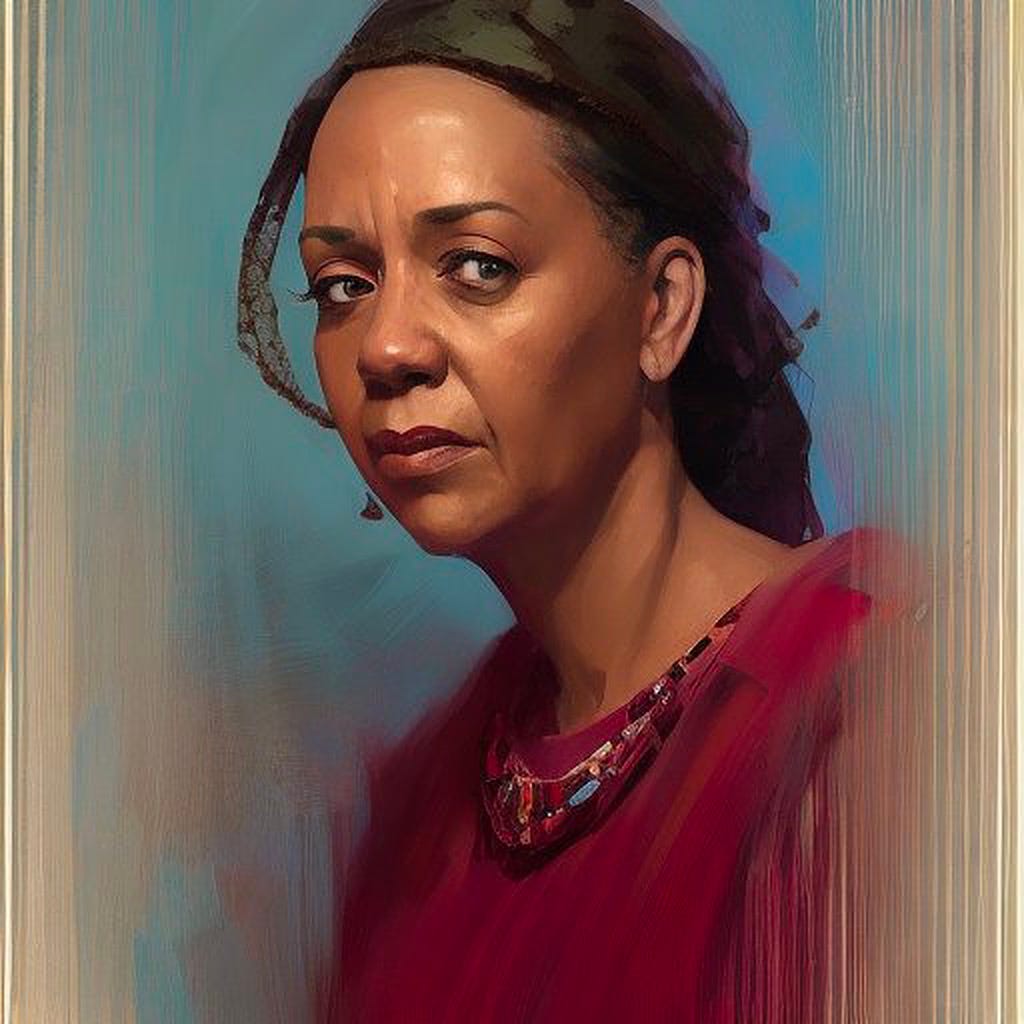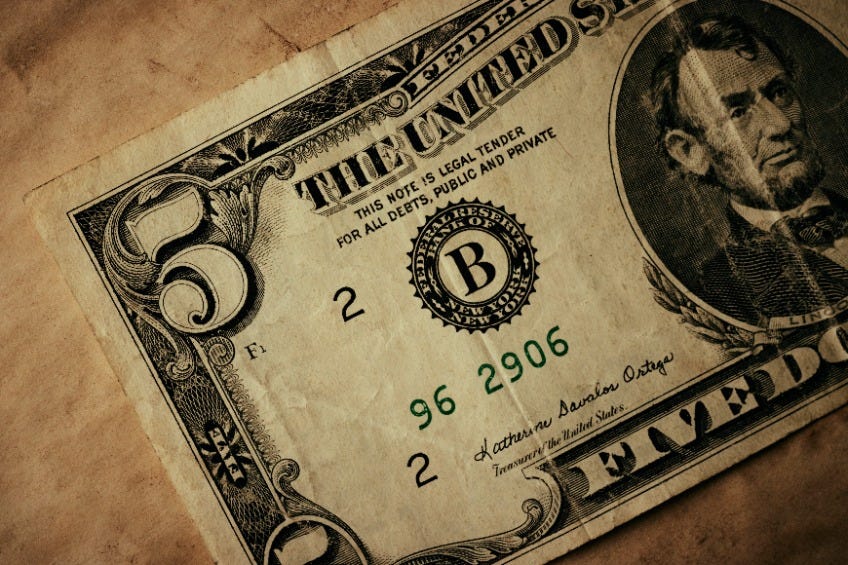Today In Black History: Dr. Dorothy Porter Wesley
Curator and organizer of African American and African diaspora history
Issue #651 Today In Black History, Thursday, June 27, 2024
Help us to reach our June 2024 goals: +125 total subscribers and +75 paid subscribers:
Please share and subscribe to help us grow this publication.
If you like us, REALLY like us, please click the “Like” button at the end of this post!
Also, please scroll to the end of this post for other ways to financially support us and We Are Speaking with our books and courses.
We appreciate your support!
Today’s Black History WOW!
Dorothy Louise Porter was born on May 25, 1905, in Warrenton, Virginia. She later moved to Montclair, New Jersey, with her family. Her mother, Bertha Ball Porter, was a teacher, and her father, Hayes J. Porter, was a physician.
Dorothy attended Miner Teachers College (now the University of the District of Columbia) and graduated in 1926. She later obtained a Bachelor of Library Science from Columbia University in 1931. Later, she earned a Master of Science in Library Science from Columbia in 1932, becoming one of the few African American women in her field at the time.
In 1930, Porter began working at Howard University's Moorland-Spingarn Research Center. Her role was initially to organize and catalog the burgeoning collection of African American historical documents and literature. Recognizing the importance of this work, she set out to expand and professionalize the library's holdings.
Over more than forty years, Porter transformed the Moorland-Spingarn Research Center into one of the world's most comprehensive collections on African American and African diaspora history. Her tireless dedication ensured that countless rare books, manuscripts, letters, and maps were preserved for future generations.
Porter was a curator and an avid collector who understood the significance of preserving African American history. She combed through rare bookshops, private collections, and even dumpsters to rescue valuable documents from obscurity or destruction. Her efforts ensured the preservation of works by luminaries such as W.E.B. Du Bois, Langston Hughes, and Frederick Douglass.
Dorothy Porter Wesley’s meticulous cataloging systems and deep understanding of African American culture and history provided a model for future archivists and librarians.
She was also a prolific author and bibliographer who published numerous books and scores of articles, reviews, and other pieces. In addition to her master’s thesis, “Afro-American Writings Published Before 1835,” Dr. Porter Wesley also wrote “African and Caribbean Creative Writing,” Afro-Braziliana, “… American Negro Writers About Africa,” and on such disparate subjects as family records in New England, David Ruggles, Howard University, Maria Louise Baldwin, Sarah Parker Remond, “The Negro in American Cities,” “The Negro in the Brazilian Abolition Movement,” Negro literary societies, archival preservation, Negro protest pamphlets, and Africa. Her major works include The Negro in the United States (1970) and Early Negro Writing, 1760-1837, republished by Black Classic Press in 1995.
Dr. Porter Wesley received honorary degrees from Syracuse University, Radcliffe College and Susquehanna University, the Distinguished Alumni Award from Howard University, a Julius Rosenwald Fellowship for research in Latin American literature, a Ford Foundation study and travel grant which took her to Scotland, Ireland, England and Italy, and a fellowship from the W.E.B. DuBois Institute at Harvard University. Dr. Porter Wesley served as a Ford Foundation consultant to the National Library in Lagos, Nigeria (1962-64), and she attended the 1st International Congress of Africanists in Accra, Ghana, in 1962.
Dr. Porter Wesley also contributed her talents to the Society of American Archivists, the Nigerian Historical Society, the African Studies Association, the Bibliographical Society of America, the Black Academy of Arts and Letters, the National Trust for the Preservation of Historic Sites, and the Association for the Study of African American Life and History.
In 1994 President Clinton presented her with the National Endowment for the Humanities’ Charles Frankel Award.
Dorothy Porter Wesley died on December 17, 1995, at age 90. Howard University named the library reading room the “Dorothy B. Porter Reading Room” for all of her years of service.
Today In Black History
In 1883, Prudence Crandall, a white woman, was arrested for conducting an academy for Black women in Canterbury, Connecticut.
In 1914, the United States signed a treaty of commerce with Abyssinia (Ethiopia).
In 1960, Joseph Kasa-Vubu was sworn in as the 1st president of the Republic of the Congo.
In 1939, Black inventor Frederick Jones received a patent for a ticket dispensing machine.
In 1977, the African nation of Djibouti gained its independence.
In 1979, the U.S. Supreme Court ruled that employers may use quotas to help minorities advance.
In 2019, the U.S. Supreme Court in a 5-4 decision, ruled that the 2020 census cannot contain a question about citizenship.
Our paid subscribers are encouraged to discuss this post in our W.A.S. Chat Community.
Join Pamela Hilliard Owens’s subscriber chat
Available in the Substack app and on web
You are also welcome to view “We Are Speaking” in Substack Notes. You can also read other Substack publications without subscribing to them when you join Notes.
This post is free to read for three days. To have access 365/24/7 to our full archive, comment on our posts, and financially support “We Are Speaking” for no more than $5 per month, please subscribe at the paid level.








